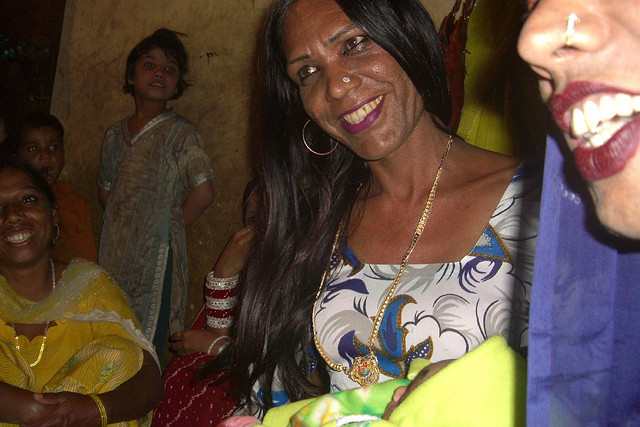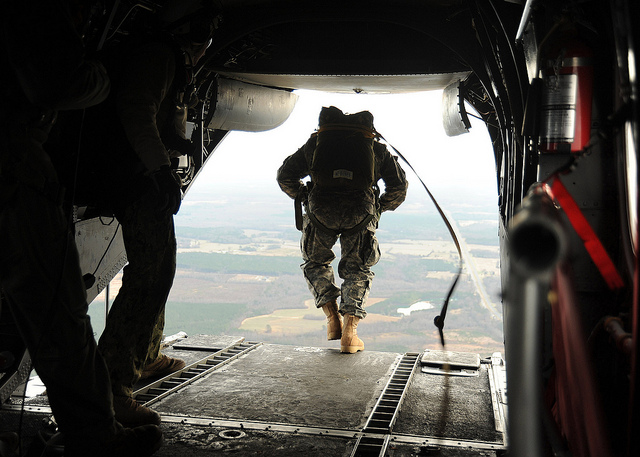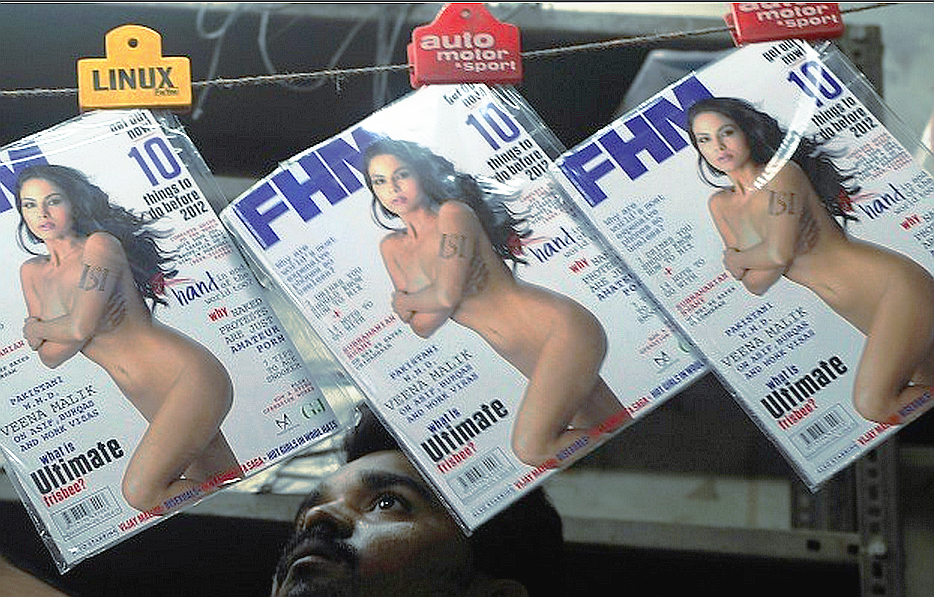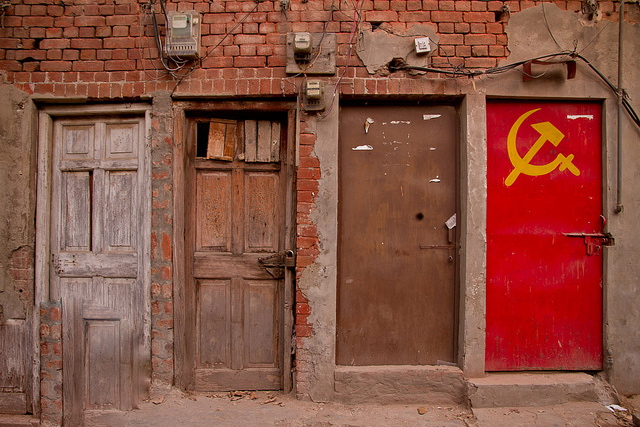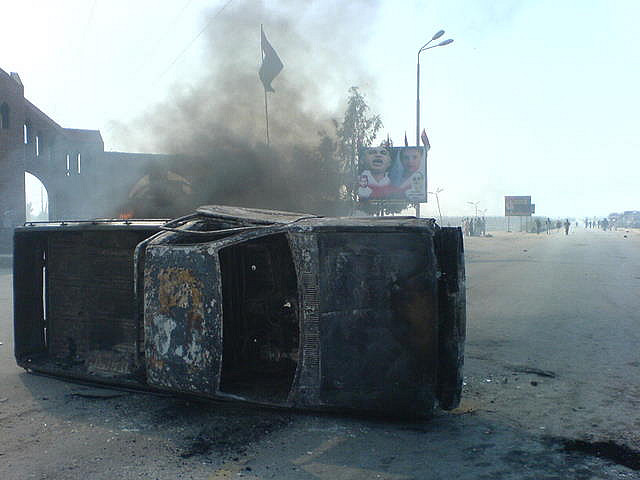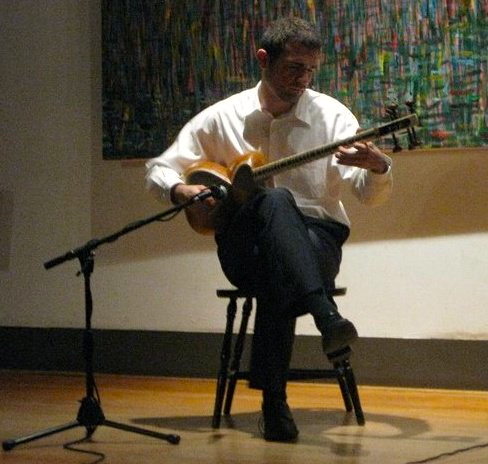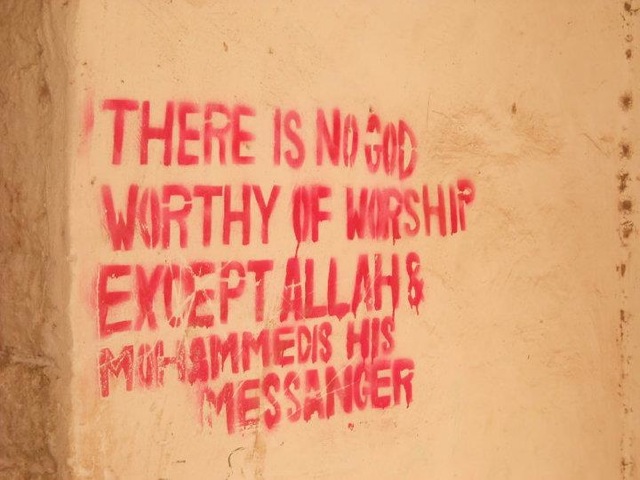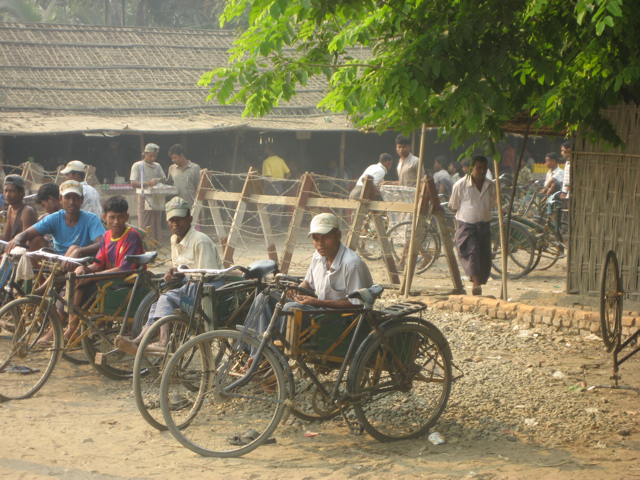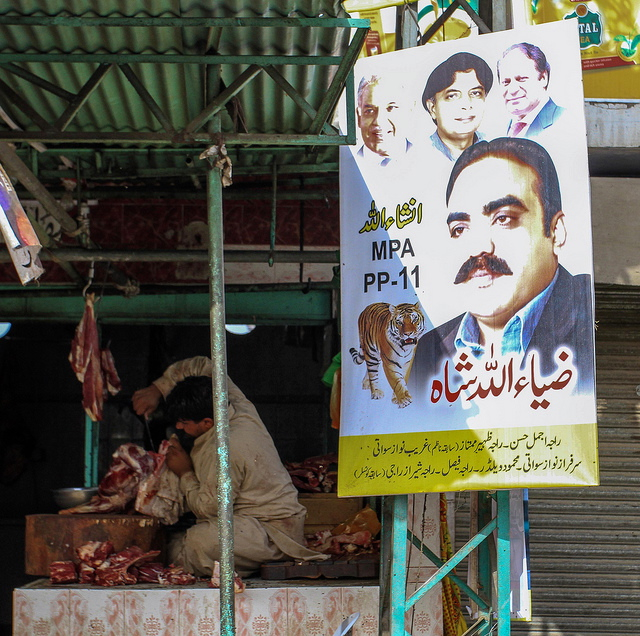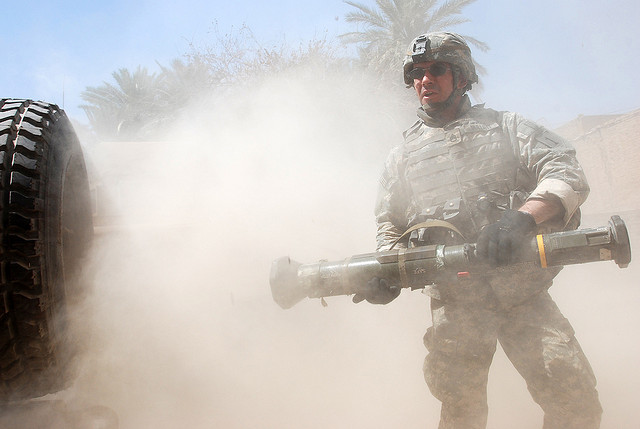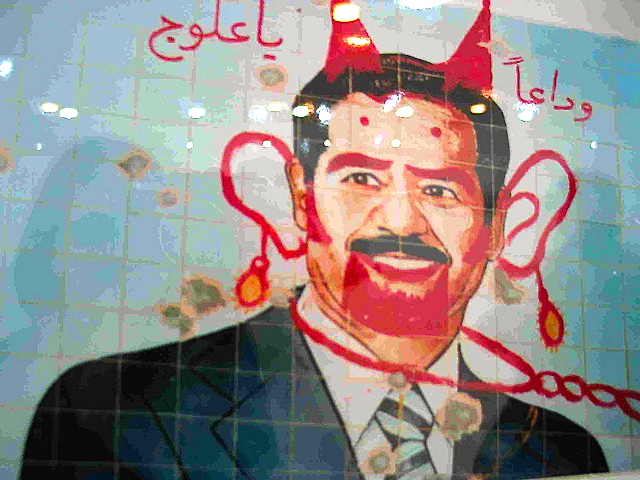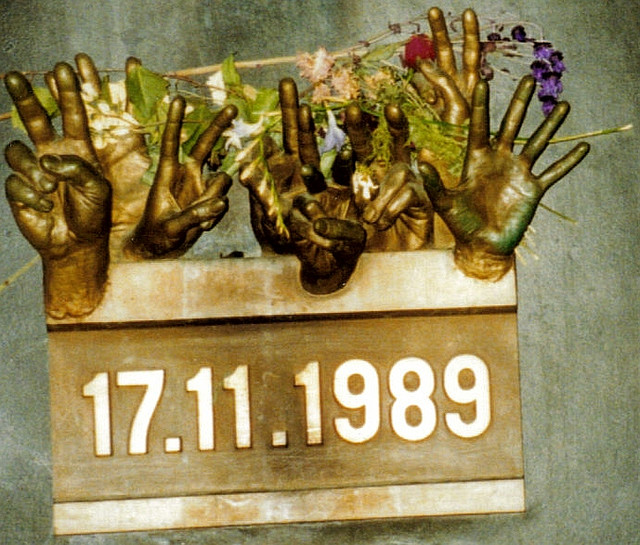The Lollywood drama Bol (“Speak Out”) was released in Pakistan in 2011. Written, directed, and produced by industry veteran Shoiab Mansoor, the film would go on to be the highest-grossing domestic production. This isn’t surprising, as it uses the trials of a Pakistani family to explore many issues of relevance to the country’s Muslim community. (More…)
Asia
The SEALS raid on Abbotabad, while widely celebrated in the United States, has been widely agreed in Pakistan to be our greatest humiliation since the events surrounding the 1971 war of Bangladeshi independence. This should not be surprising, as the scope and brashness of the mission appeared to only be rivaled by the Pakistani military’s inability to (1) know that the raid happened until news channels reported it, and (2) know that Osama Bin Laden was hiding in Abbotobad in the first place. (More…)
It was a cathartic moment. Actress and model Veena Malik was subjected to an exhausting interview by an aggressive journalist, as well as hardline mufti Abdul Qawi, on Express News TV. The two men were fiercely critical of Malik’s behavior during season four of the Indian reality program Bigg Boss, during which she was boldly sexual with Indian co-star Ashmit Patel. (More…)
The numbers add up. Pakistan needs a new operating system. 49% of the population lives in poverty. Of 146 countries surveyed for gender inequality, Pakistan scores 115. Lights go out for at least ten hours daily in cities, and up to twenty-two in rural areas. The leaked Abbottabad Commission report merely adds to these indicators by illuminating wider dysfunctions. The status quo can’t hold. The question is what’s going to replace it. (More…)
Pakistan has a Bhutto problem. Now reaching a third generation, its latest incarnation is the current chairman of the Pakistan People’s Party: 24-year-old Bilawal Bhutto. The young aristocrat follows a line of succession that includes his father, outgoing President Asif Ali Zardari, his mother, assassinated former Prime Minister Benazir Bhutto, and most importantly, his grandfather, popular statesman Zulfikar Ali Bhutto. (More…)
As a Pakistani immigrant, I often feel alienated by American pop culture. Even though I identify with a lot of it, I also find it foreign, and occasionally, have to check out in order to recharge. This was especially the case two weeks ago, when I took a train into Manhattan in order to see a classical Persian music concert at Café Nadry. (More…)
(More…)
I have not fasted for years. I rejected Ramadan along with the doctrine of Saudi-Pakistani Wahhabism. For me, Ramadan was another reminder of a Salafist ritualistic obsession. I never saw this as inherently a problem. However, I began to note that for the higher classes, Islam seemed to have deteriorated. (More…)
Overnighting in Bangkok, I met an American aid worker who had spent many of his formative years in the city. My new friend, who could speak fluent Thai, was well-versed in the culture, recalled how he had learnt of a local prophecy concerning the country I was due to travel to the next day. I was intrigued, and asked him to tell me more. (More…)
I arrived in Pakistan during Tahir ul-Qadri’s widely promoted Long March. Landing in Islamabad, I was ushered through side roads to see my mother in Rawalpindi. She told me that it would be impossible to get anything done for days, as ul-Qadri had effectively shut down the capital. (More…)
I remember the helicopter blades. I have been gazing at ceiling fans and hearing them again. I close my eyes and I am there. I see the helicopters dancing over Baghdad. Basra. Mosul. Kirkuk. I feel the dry heat being momentarily broken by the dusty wind they kick into my face. (More…)
I remember the Iraq War like a terminal disease. It took over my life, causing me to feel completely at its mercy. I recall the American media gleefully covering their own tanks and Humvees storming through the southern deserts. I awaited the moment when Saddam Hussein’s Arab (by which I thought Muslim) neighbors would come to his defense. It never came. (More…)
Prospects for peace seemed especially bleak at the beginning of 1989. Detente appeared on the brink of collapse. Washington showed a clear hand in the Soviet Union’s protracted war in Afghanistan. A scheduled meeting between Mikhail Gorbachev and Deng Xiaoping meant a possible end to the Sino-Soviet split, and a renewed alliance against the US. (More…)
